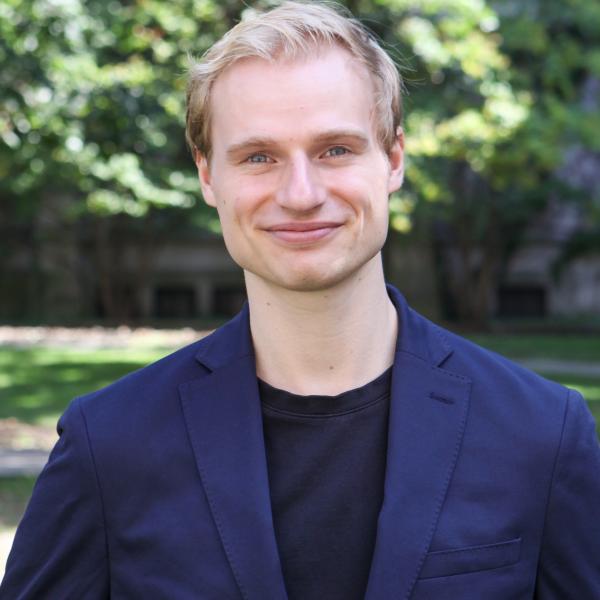
My research explores concepts such as truth, rationality, and objectivity from a pragmatist angle. How do we use such concepts in our daily practices? My focus includes my very own practice: philosophical inquiry. I ask, for instance, whether philosophers are rational, and what it means to say that they are. And I ask whether philosophers aim for truth, which I think they don’t. I’m developing a theory of philosophical progress that can accommodate this insight.
Publications
“The Practical Bearings of Truth as Correspondence,” Erkenntnis, (2023)
“Truth and Its Uses: Deflationism and Alethic Pluralism,” Synthese, 202, 130 (2023)
“Speak No Ill of The Dead: The Dead as a Social Group ,” Synthese, 200, 210 (2022), co-written with Jacob LiBrizzi, Duccio Calosi & Yoichi Kobe
“Alethic Pluralism for Pragmatists ,” Synthese, 200, 60 (2022)
